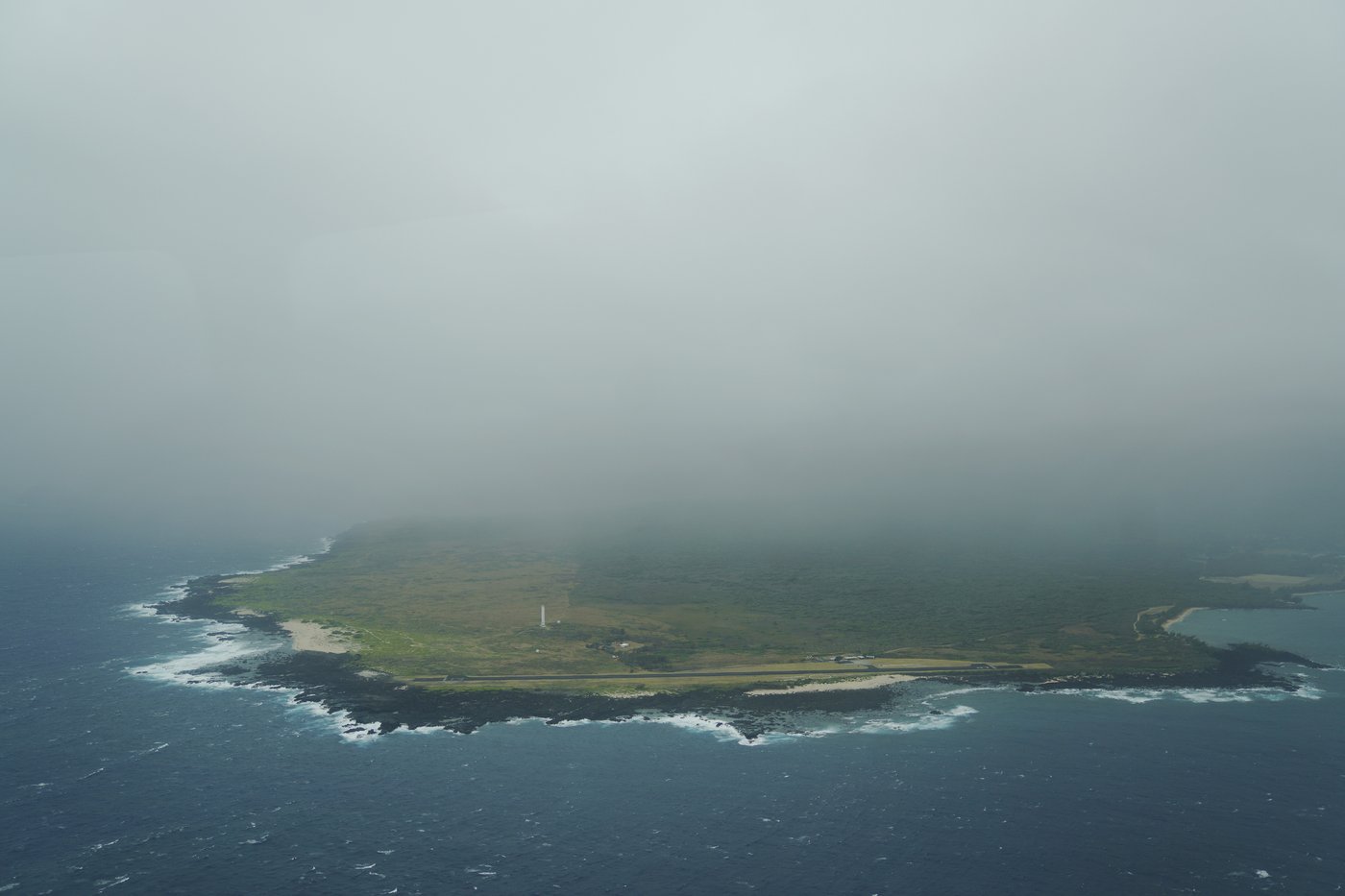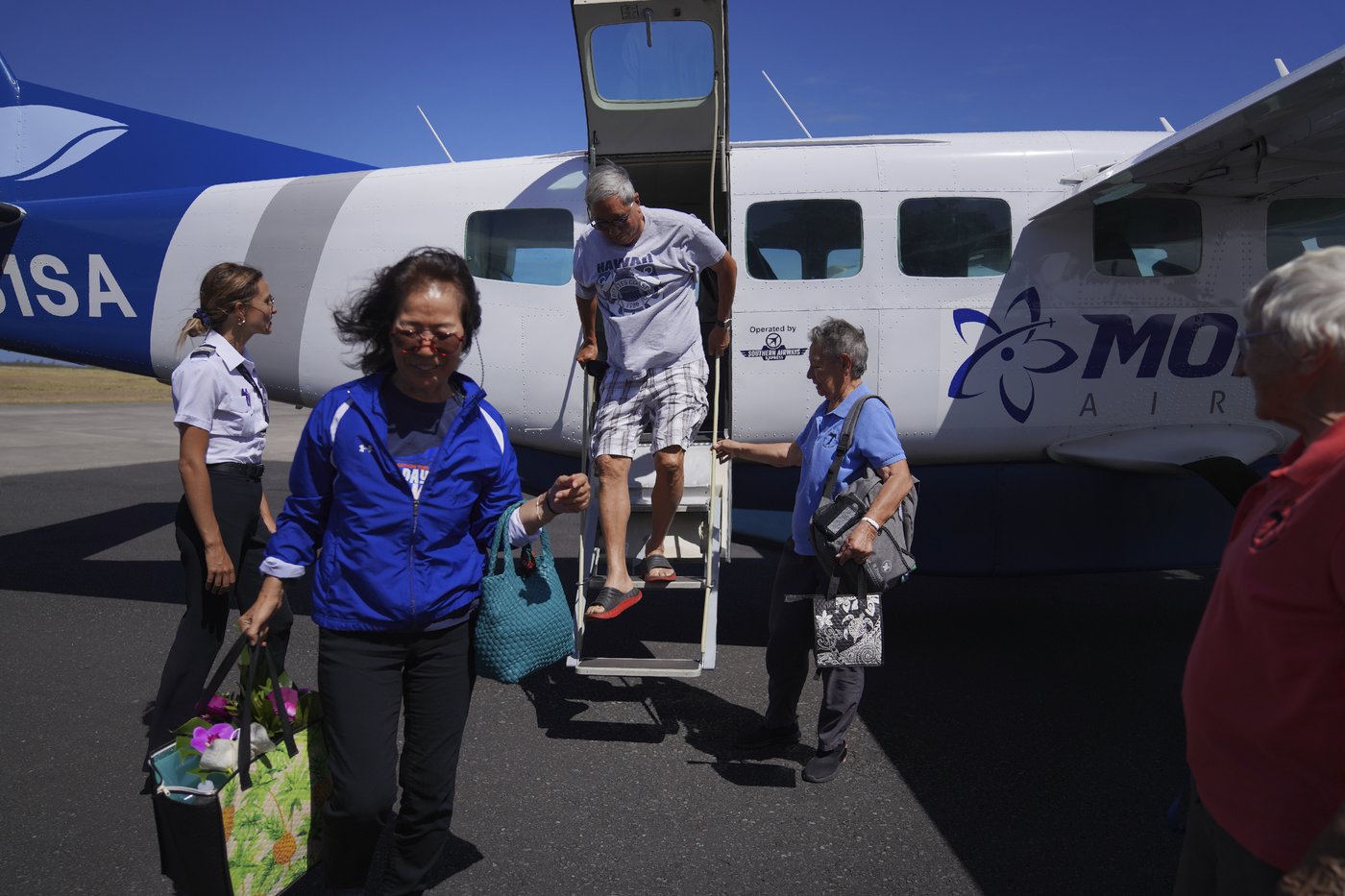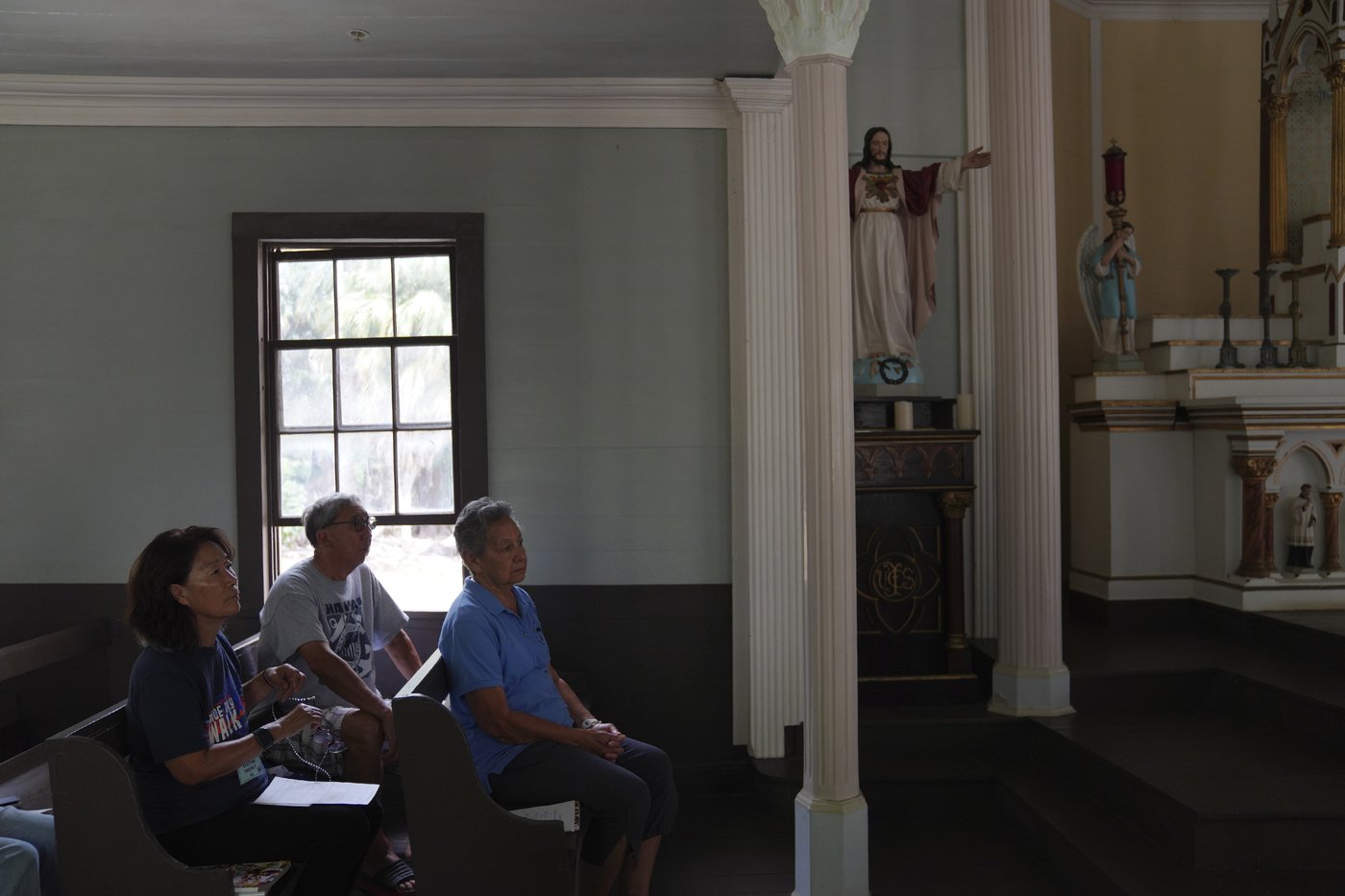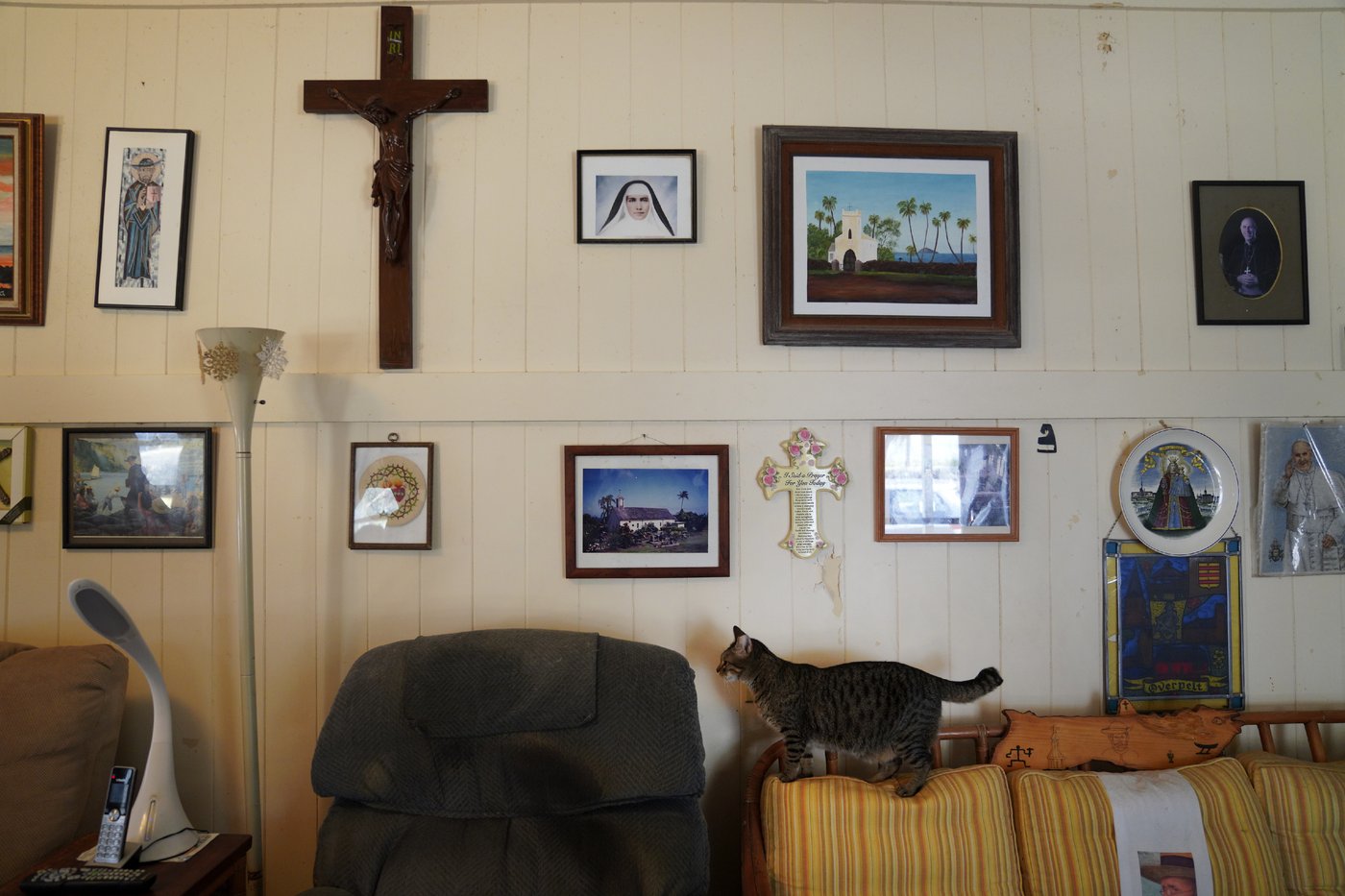Elevate your local knowledge
Sign up for the iNFOnews newsletter today!
Sign up for the iNFOnews newsletter today!
Selecting your primary region ensures you get the stories that matter to you first.

HONOLULU (AP) — A former leprosy settlement in a remote part of Hawaii will reopen this month for the first time since the pandemic, when it closed to shield the few remaining patients, all of whom are over 80, from exposure to COVID-19, officials said Monday.
Tours and religious pilgrimages draw visitors to Kalaupapa, an isolated peninsula cut off by 2,000-foot (600-meter) cliffs. It traditionally has only been reachable by boat, small plane, mule ride or hourslong hike. Right now, travel to the area is only allowed by plane, Kalaupapa National Historical Park said in a statement.
Hawaii banished leprosy patients to Kalaupapa for over a century, starting in 1866 during Hawaiian Kingdom rule. The exile policy was only lifted in 1969.
More than 8,000 people died there, most of them Native Hawaiian. Saint Damien, a Catholic priest from Belgium who cared for patients in the late 19th century and was canonized by the church in 2009, also died there after contracting the disease.
Damien’s devotion to the ailing has inspired people worldwide, as has the work of Saint Marianne, a German-born nun who cared for the ill for decades before she died of natural causes on Kalaupapa in 1918. The church canonized her in 2012.
Today, the peninsula is governed by the state Department of Health while the National Park Service operates the historical park.
Leprosy, also known as Hansen’s disease, is spread by direct, person-to-person contact, although it’s not easily transmitted. It can cause skin lesions, mangle fingers and toes, and lead to blindness. It’s been curable since the development of sulfone drugs in the 1940s, and people treated with drugs aren’t contagious.
Patients are free to leave the settlement, but many have chosen to stay because it has become their home. Six patients, all cured, live there now, ranging in age from 84 to 101. Three live there full-time and three visit intermittently.
The state has promised to keep the settlement open and care for patients until the last one dies. Their privacy means guided tours are the only way visitors may travel to Kalaupapa.
Tours are available through Kalaupapa Saints Tour, founded by patient Meli Watanuki. Seawind Tours & Travel will operate the tours on Watanuki’s behalf, CEO Randy King said.
All visitors must be at least 16 years old and have a Department of Health visitor permit, which Seawind Tours will facilitate.
Resuming tours has been complicated by the complicated logistics of the remote location. Watanuki bought a used van to transport visitors but has had to wait for it to arrive because a barge carrying vehicles to the peninsula only arrives once a year. The van arrived Saturday, King said.



This site is protected by reCAPTCHA and the Google Privacy Policy and Terms of Service apply.
Want to share your thoughts, add context, or connect with others in your community?
You must be logged in to post a comment.